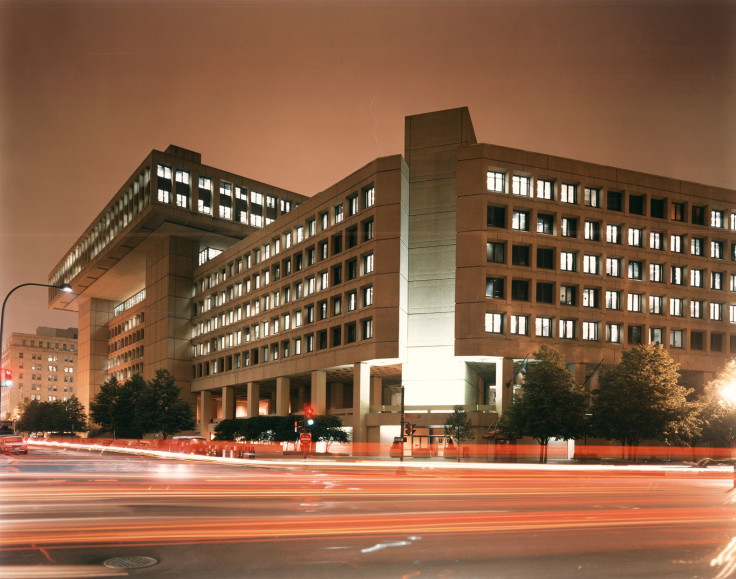FBI's Anti-Terror Efforts 'Severely Hindered' By Sequestration: Report

An independent, external review of FBI’s implementation of the recommendations of the National Commission on Terrorist Attacks Upon the United States (the 9/11 Commission), has found that though the agency “made strides in the past decade,” its ability to collect information and its progress in building key intelligence programs needs improvement.
The report by the 9/11 Review Commission, released Wednesday, also claimed that sequestration, or mandatory budget cuts, in 2014, had “severely hindered” the FBI’s intelligence-gathering efforts and national security programs.
“Despite the growth of budget authority since FY01, in recent years the FBI faced complex threats with reduced funds, in part as a result of sequestration. In a May 2014 speech, FBI Deputy Director Mark F. Giuliano noted that the Bureau had been cutting programs during the last few fiscal years, and so its allocation of $8.3 billion in FY14 was a ‘relief’,” the report said, adding that sequestration has had a “devastating” impact on the bureau’s reform initiatives.
Sequestration, which began in March 2013 and is expected to continue till 2021, is split evenly between defense spending and domestic spending. The move was implemented as part of an effort to reduce the U.S. national debt, which exploded after the 2008 recession.
According to the report, these automatic, across-the-board cuts not only hindered the FBI’s reformation efforts, they also resulted in the bureau having to face complex terror threats with significantly reduced funds.
“Whereas the FBI had previously detailed a special agent and routinely sent entry-level officers to the Directorate of Strategic Operational Planning (DSOP) for training experience, the FBI has apparently cut back significantly on the commitment of officers provided to DSOP, especially after sequestration,” the commission said, in the report.
The 9/11 Review Commission, established in 2014 by Congressional mandate, was headed by a panel of three experts -- Bruce Hoffman, director of the Center for Security Studies, and director of the security studies program at Georgetown University; Edwin Meese, a former Reagan administration official; and Timothy Roemer, a former Democratic representative who also served on the 9/11 Commission.
© Copyright IBTimes 2025. All rights reserved.






















